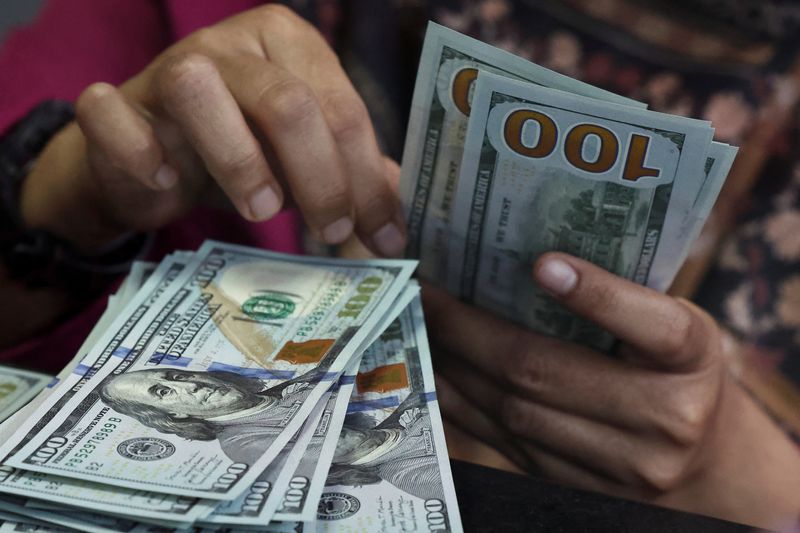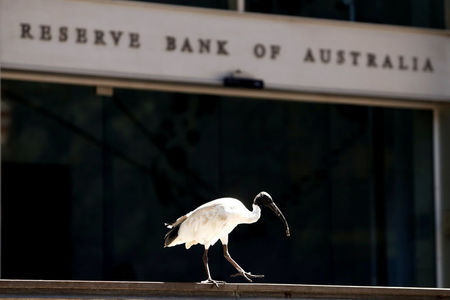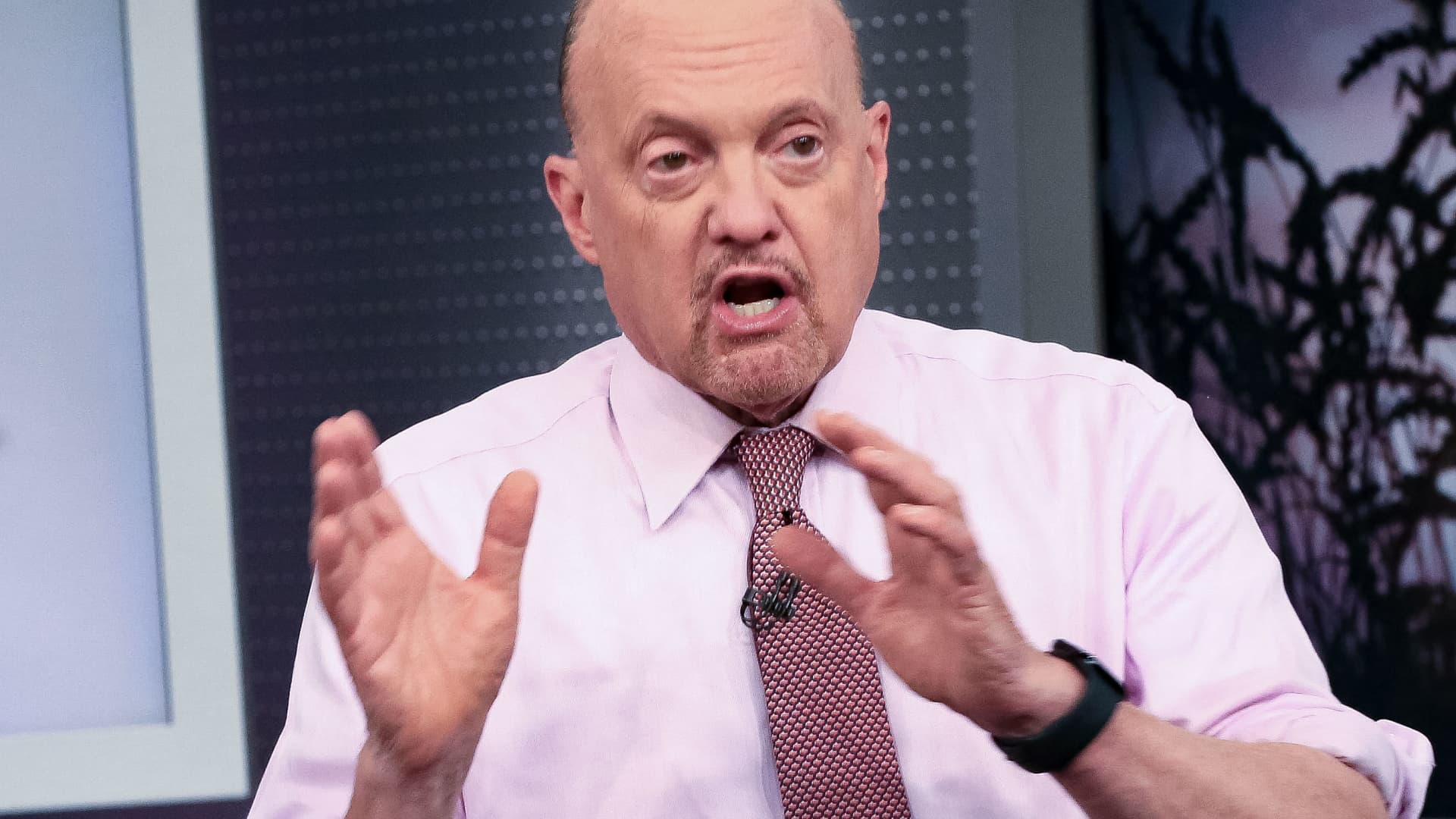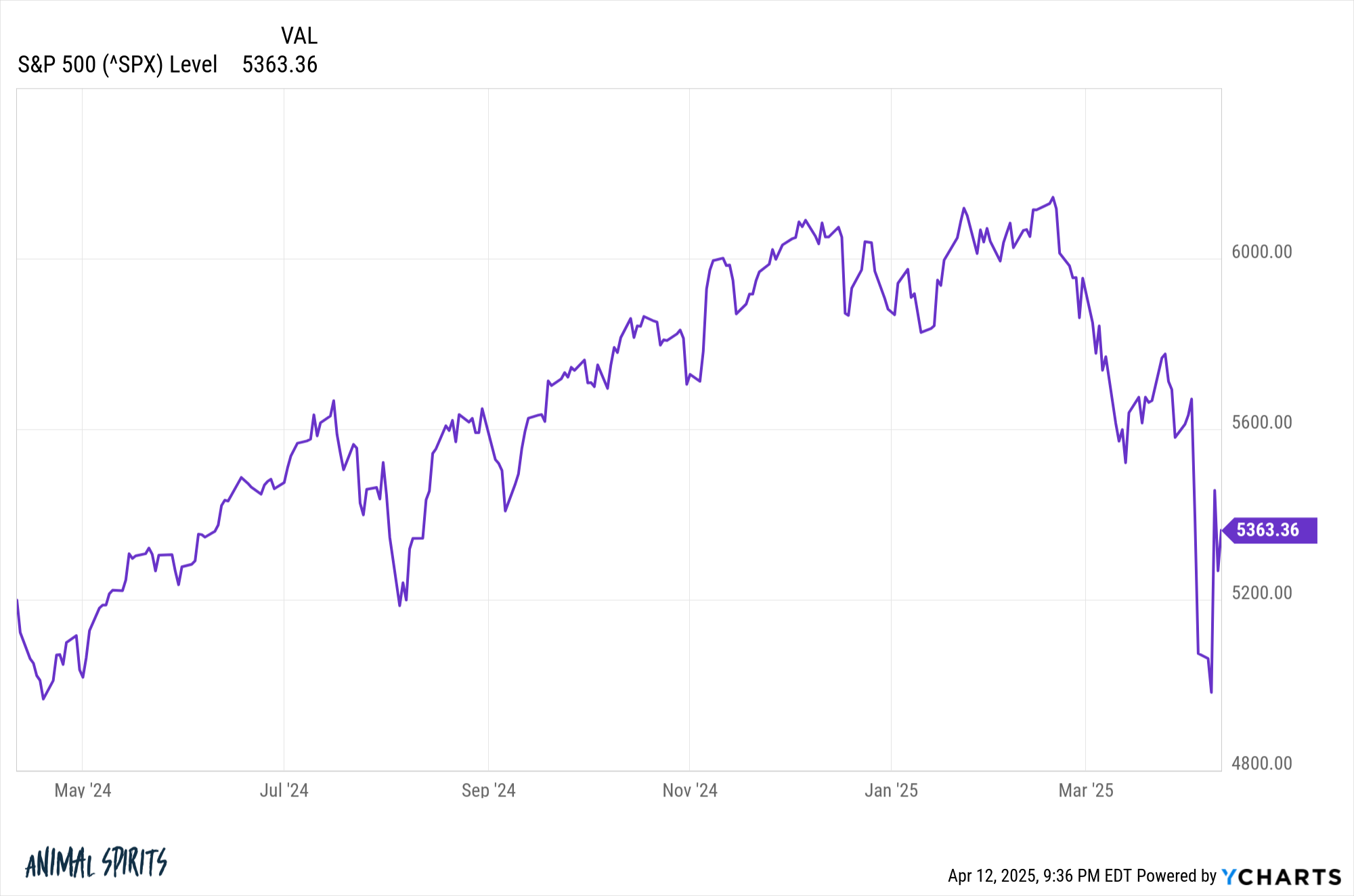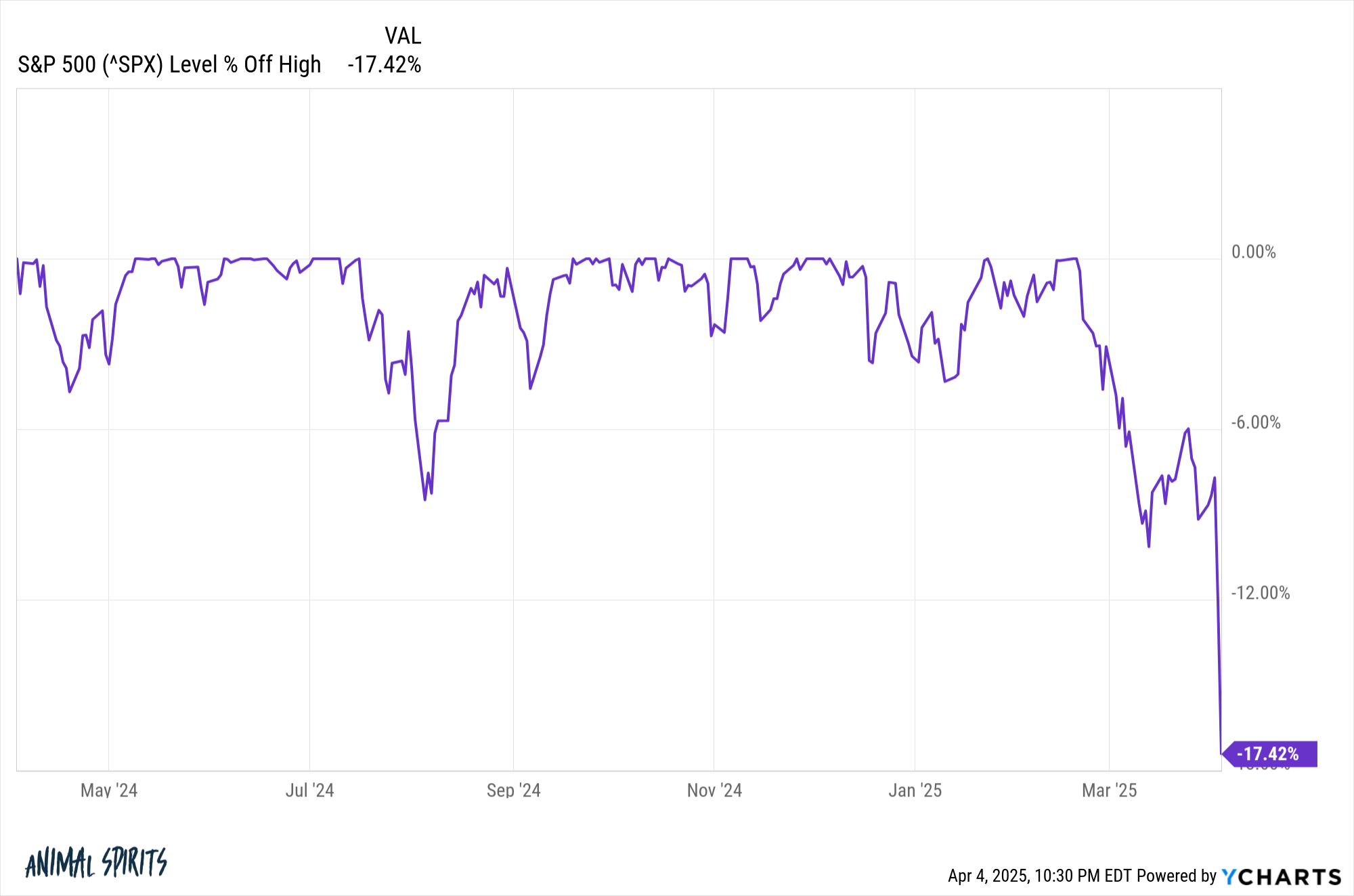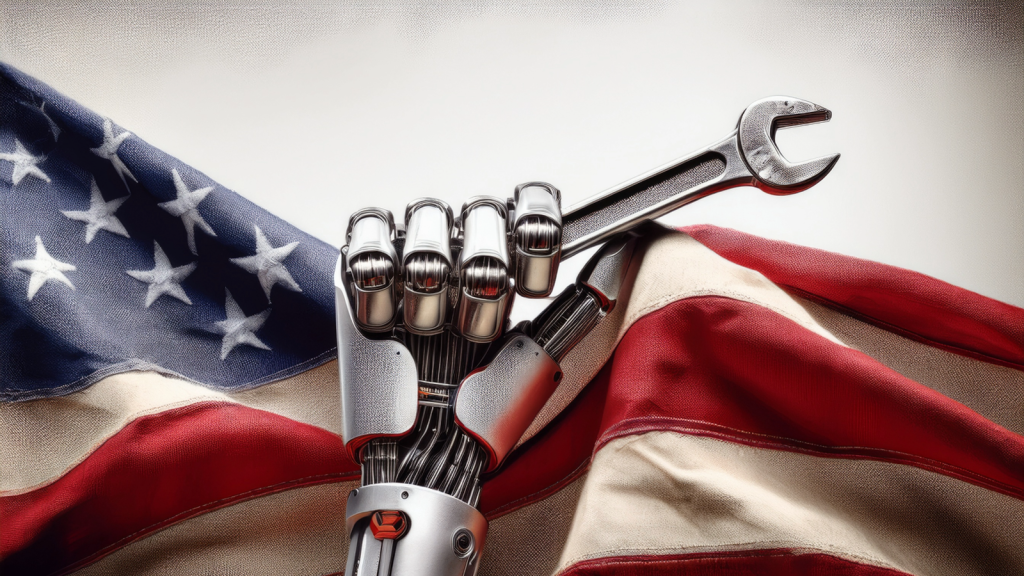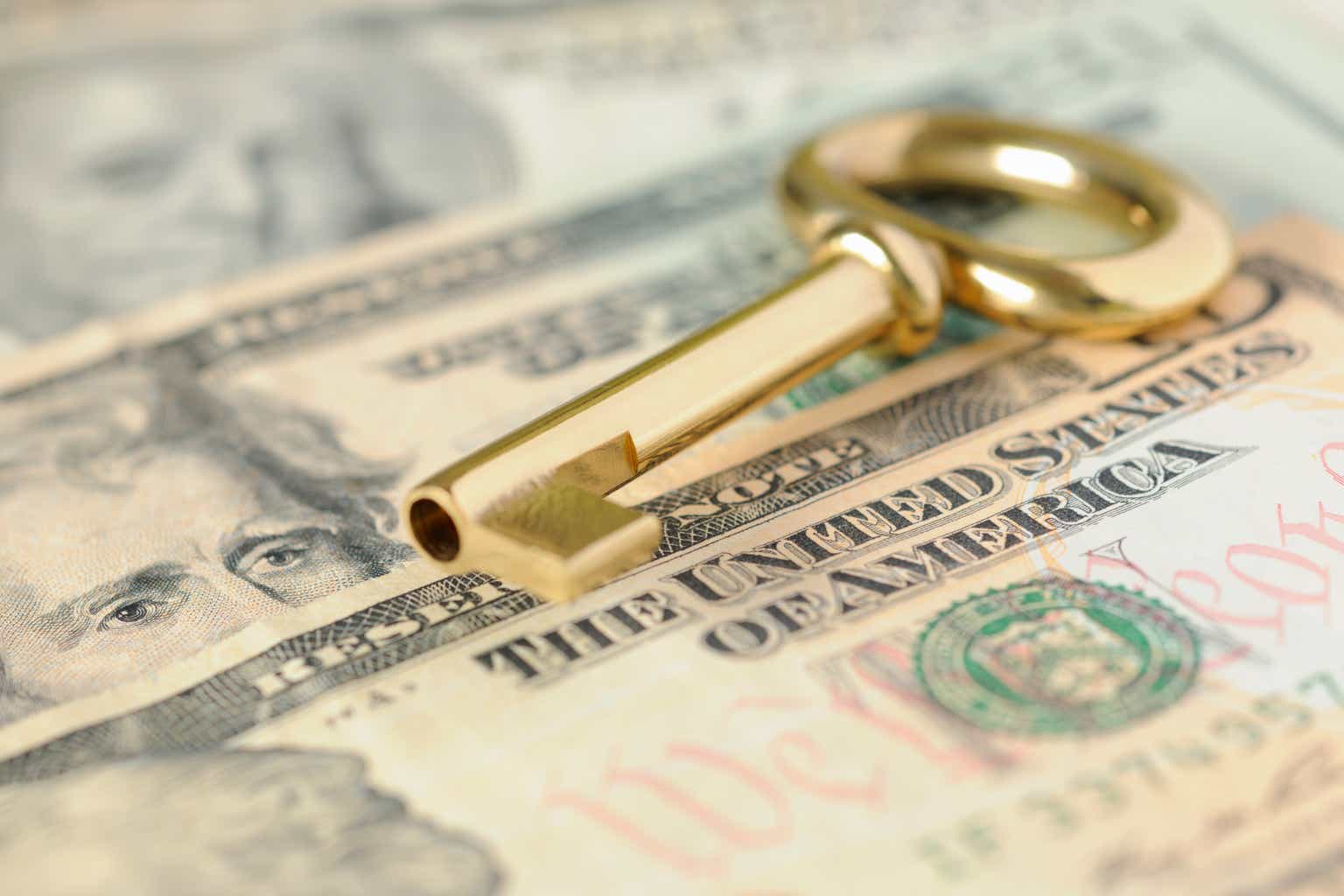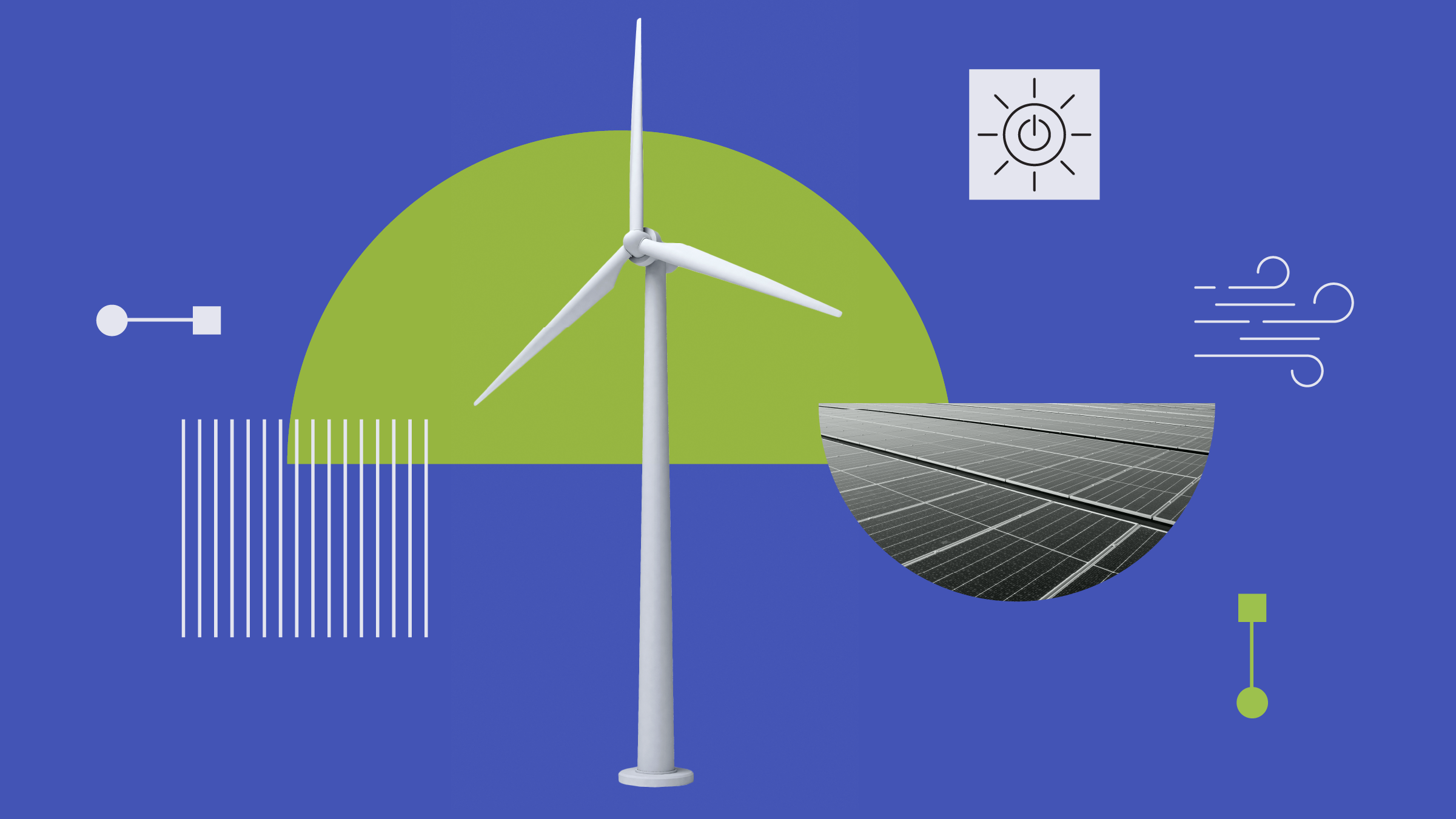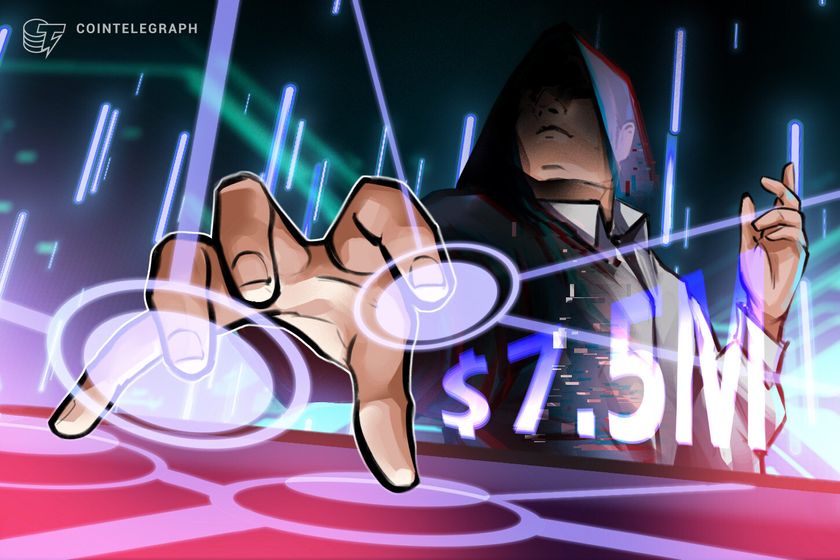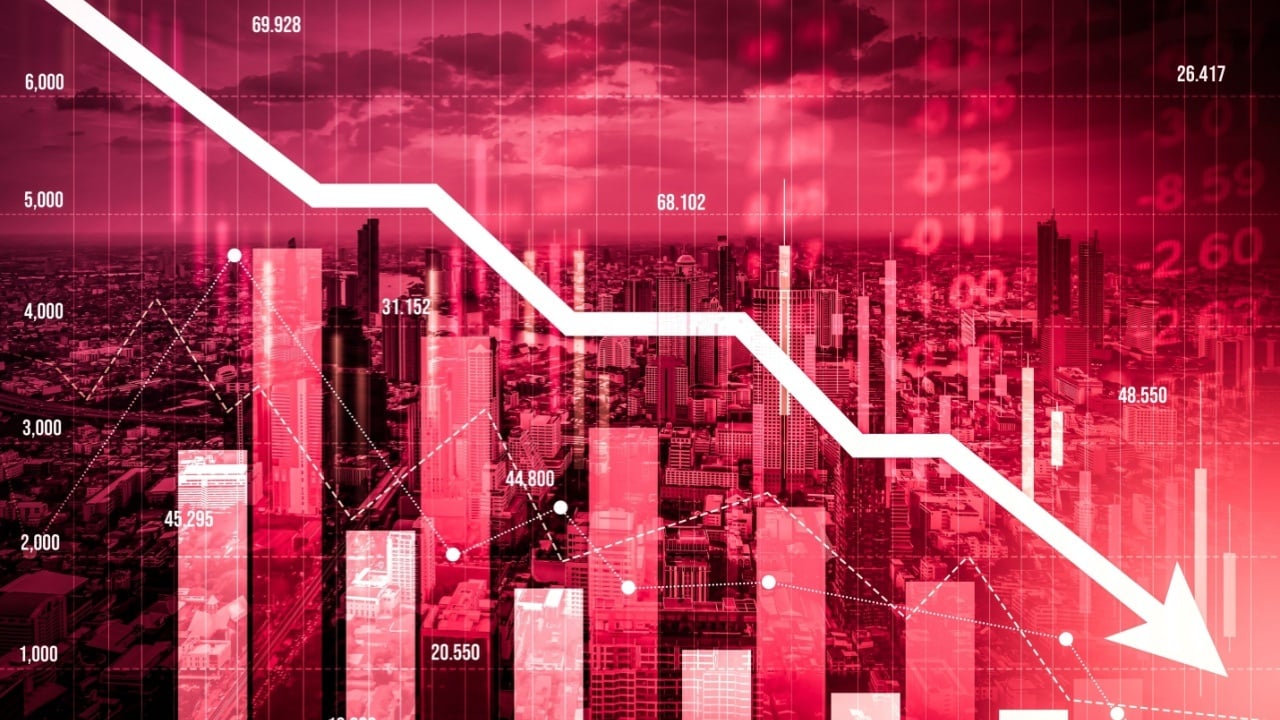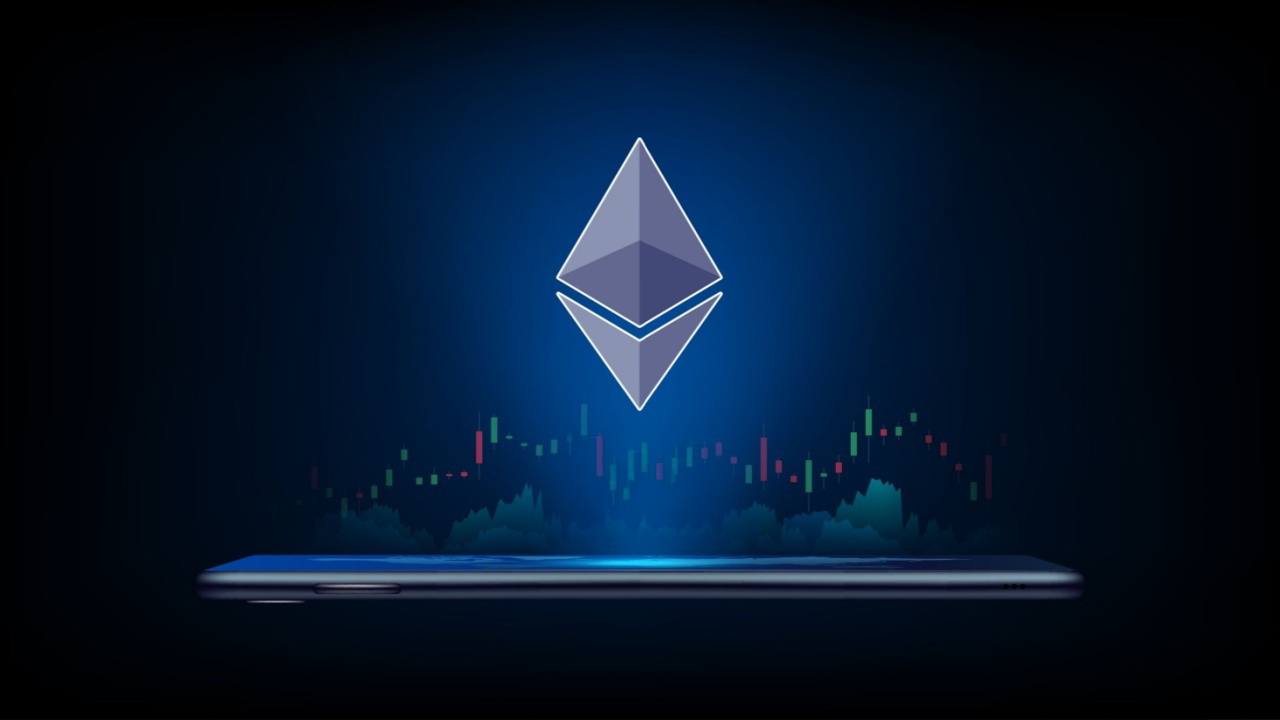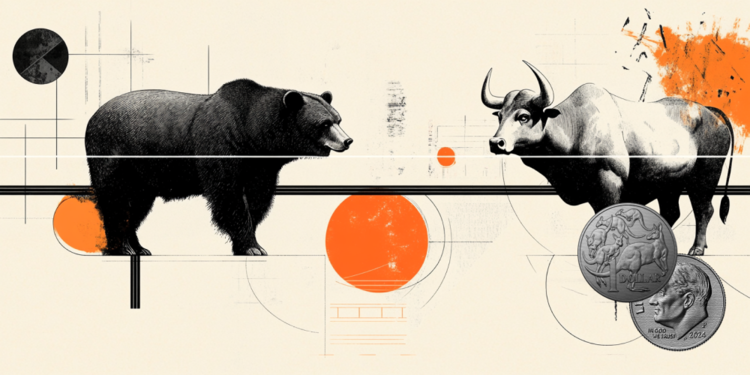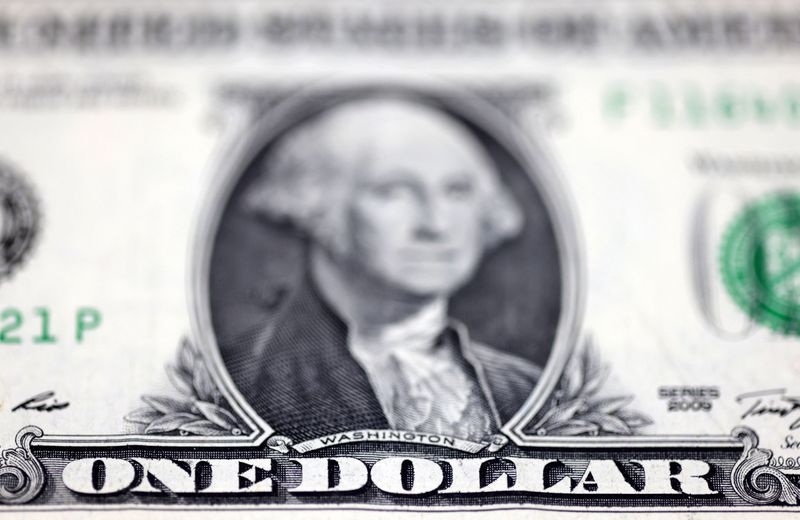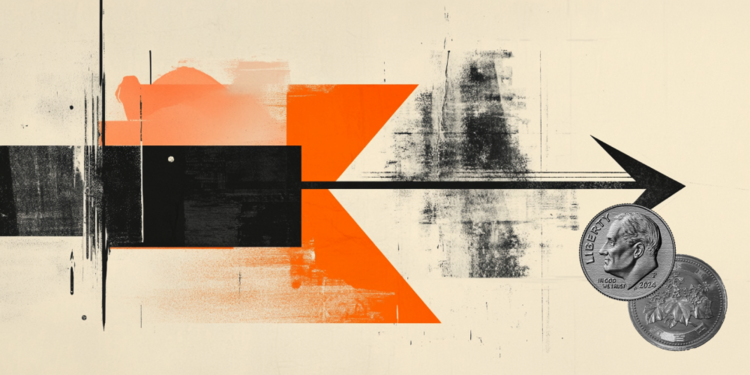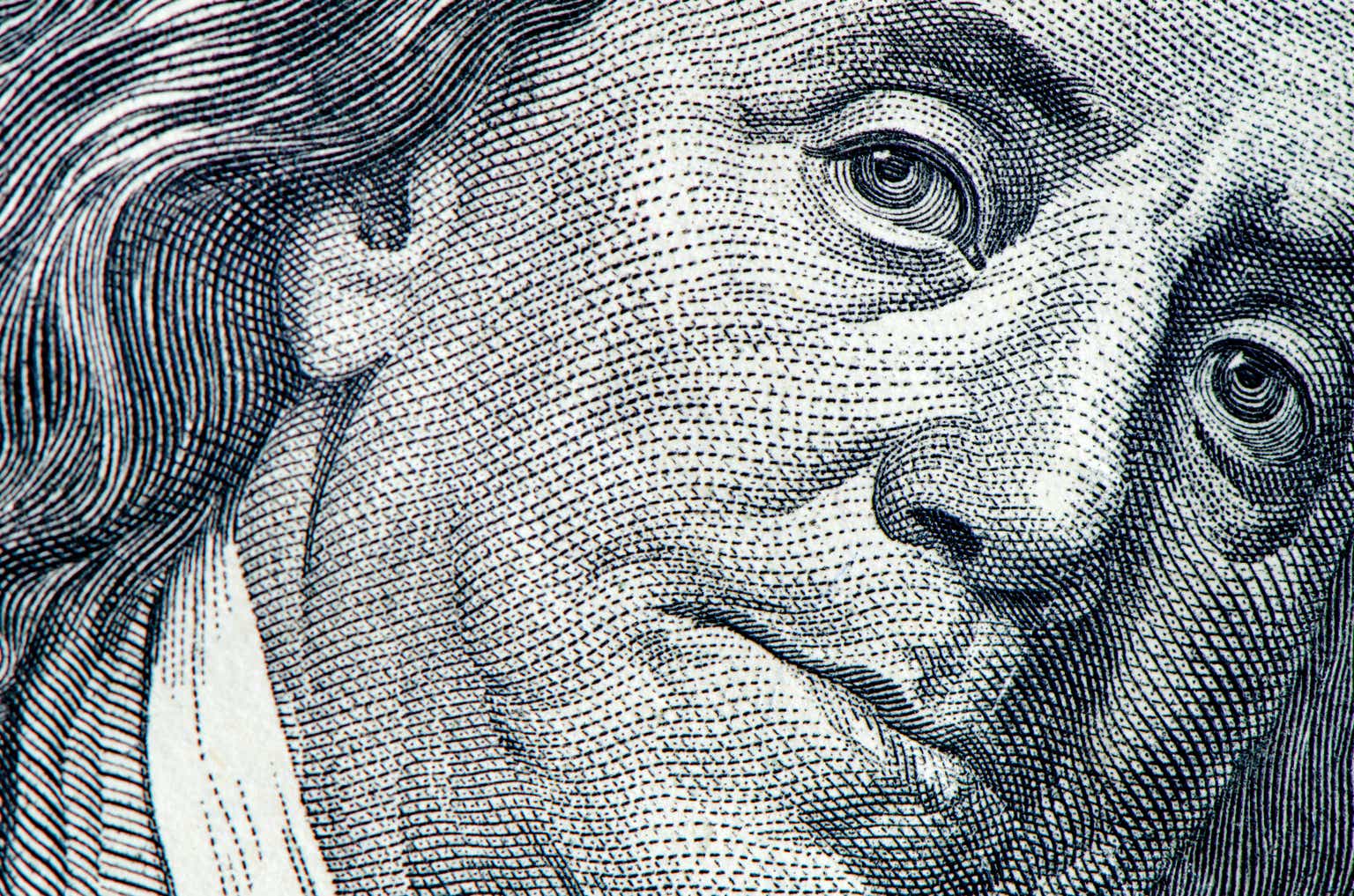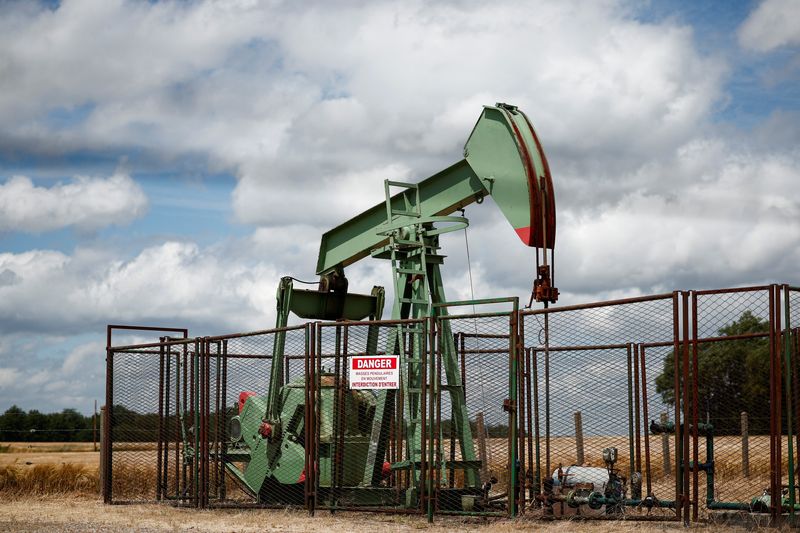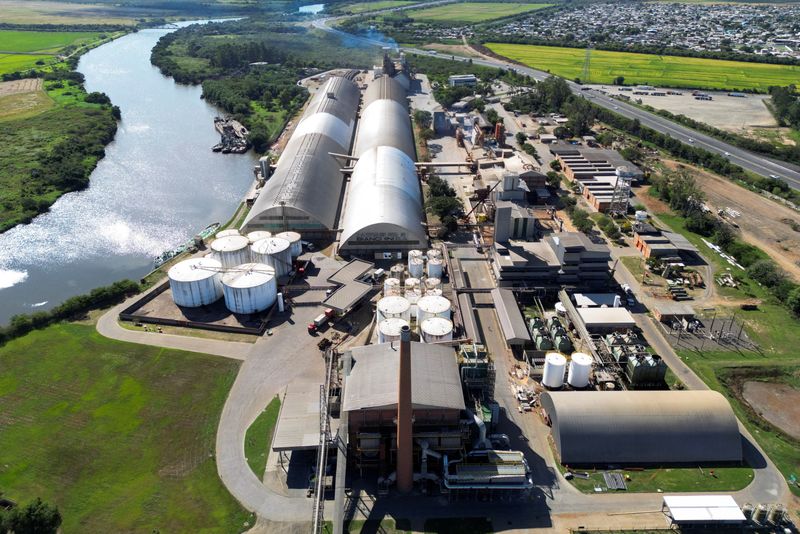As A Beginner, What Should I know About Cash Back Credit Cards?
A 19-year-old is trying to find the right cash back credit card to earn rewards and build his credit. His parents added him to a credit card at 18 to help him develop a credit history, and he was approved for PayPal credit, but it can only be used for online purchases. Almost all of […] The post As A Beginner, What Should I know About Cash Back Credit Cards? appeared first on 24/7 Wall St..
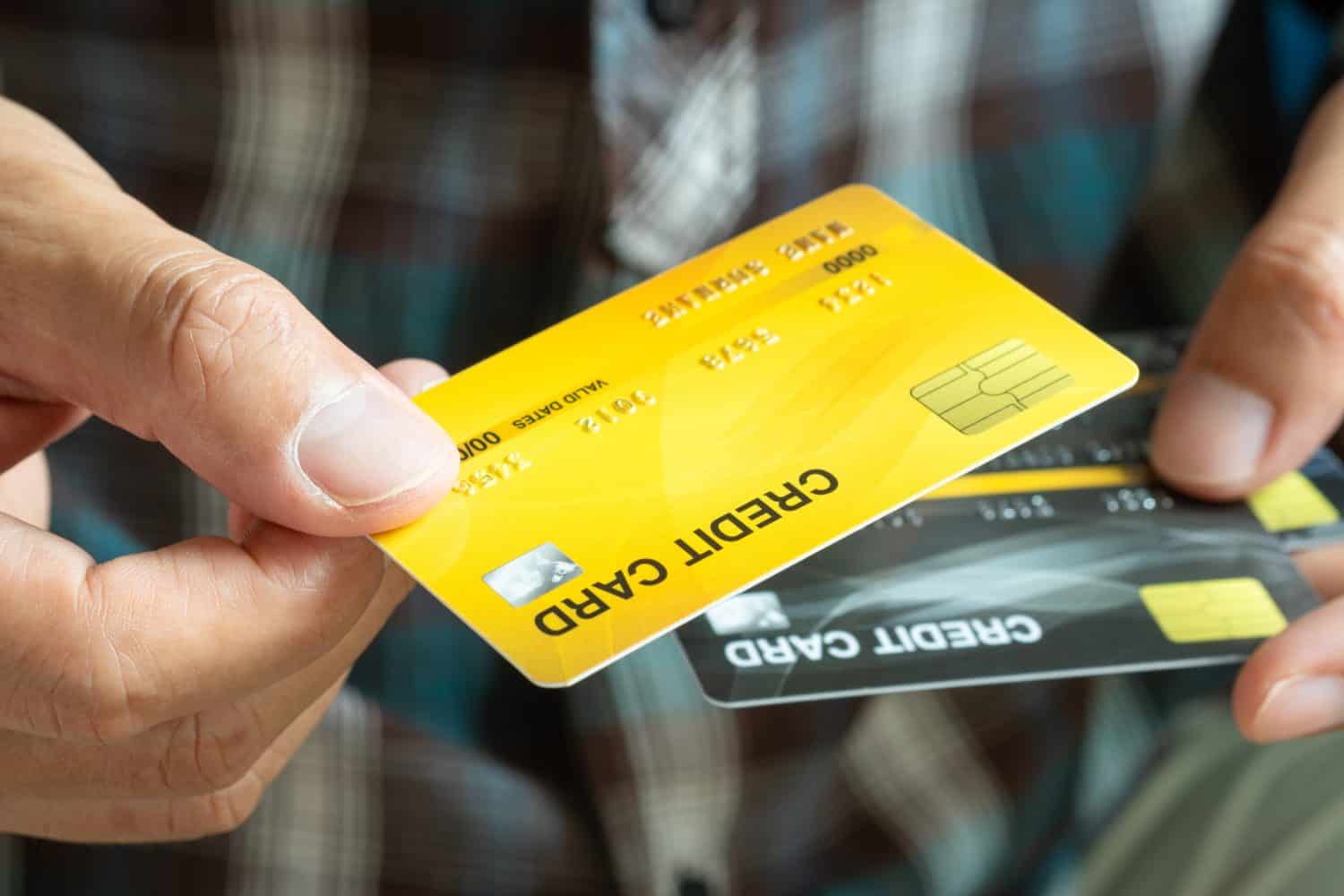
Key Points
-
A 19-year-old Reddit poster started a thread asking about cash back cards.
-
He wants to find the right card to earn rewards and help him build credit.
-
It’s important to research different kinds of cards and understand how to build credit, like maintaining a low utilization ratio.
-
The right cash back credit card can earn you hundreds, or thousands of dollars a year for free. Our top pick pays up to 5% cash back, a $200 bonus on top, and $0 annual fee. Click here to apply now (Sponsor)
A 19-year-old is trying to find the right cash back credit card to earn rewards and build his credit. His parents added him to a credit card at 18 to help him develop a credit history, and he was approved for PayPal credit, but it can only be used for online purchases. Almost all of his purchases are for in-person shopping, and he’s spending around $150 per month on gas, dining, and groceries.
Since his PayPal card only works online and he’s using a debit card to pay for the stuff he is buying in person, he thinks that he would be better off with a credit card and is trying to figure out how to decide which one to get. He dropped out of college so he can’t qualify for a student card, and he wants to improve his financial situation with the card he selects.
Here’s what he — and other beginners — need to know about cash back cards.
You need to get approved for a cashback card
The first thing to be aware of is that you are going to need to apply for a cash back card and be approved to borrow. Most of the best cash back cards are going to want you to have at least good credit.
The CARD Act also made it harder for people to get approved for a credit card when they are under 21. Since the poster is 19, he’ll either need to prove he has enough income to pay the card or will need someone who is 21 or over to be a cosigner. Because he has been added to his parents’ card to boost his score and because he dropped out of college and is presumably working, it may be possible for the Redditor to qualify for a card on his own. If not, his parents would need to agree to share responsibility.
Some card companies are more willing than others to give cards to people with limited credit history, or even imperfect credit. So, it’s always important to shop around for different cards if approval may be an issue for you.
The cash back you earn can vary from card to card
The next key thing to know is that the rewards programs vary from card to card. Typically, if you are getting a cash back card, you’ll have two choices:
- You can get a card offering an extra bonus, such as 3% or 5%, or 6% on certain kinds of purchases, and then likely get 1% back on everything else.
- You can get a card that offers a higher flat rate back, like 2%, but doesn’t offer the extra bonus rewards
Some people like to get multiple cards — such as one offering 5% back on groceries, another 5% back on gas, and a third offering 2% total back for all purchases. If you don’t mind managing extra hassle, this can max out the cash back you earn. However, this can also be time-consuming, and you probably don’t want to apply for all those cards at once, as that would give you too many inquiries and shorten your average age of credit. Both of these factors will hurt your credit score, at least in the short term.
If you’re just getting one card, carefully analyze your spending to see if you’d be better off with a card that has bonus categories but a lower flat rate, or whether you’d prefer just to simplify things and just try to earn a fair amount of cash back on all transactions.
You should be careful about your utilization ratio
If you are hoping to build credit with your card, you don’t want to charge too much on it. You’ll be given access to a credit line, such as a $500 limit or a $1,000 limit, or a $5,000 limit. Aim to keep the amount you charge below 30% of the available balance, as this will help you to earn the best possible credit score.
You don’t ever want to carry a balance

Finally, you never want to carry a balance on a card. The interest rate on credit cards is simply too high. You should pay off your card in full when the payment is due or within the grace period, so you can earn cash back to make your purchases cheaper without incurring high financing costs. Paying your bill on time will also hlep you develop a positive payment history to build credit, and there’s no need to carry a balance to earn a good credit score.
If you do want or need to finance a purchase over time, be sure you sign up for a card with a 0% introductory APR that gives you 12 to 15 months interest-free to pay off your purchase, and that you can budget to pay off the full balance before interest charges start accruing. And you should do this only if the purchase is an important one that you truly need to buy before you save up for it.
By keeping these things in mind, you can find the perfect cash back card, earn generous rewards that make your everyday purchases cheaper, and build great credit that opens doors for you later.
The post As A Beginner, What Should I know About Cash Back Credit Cards? appeared first on 24/7 Wall St..

